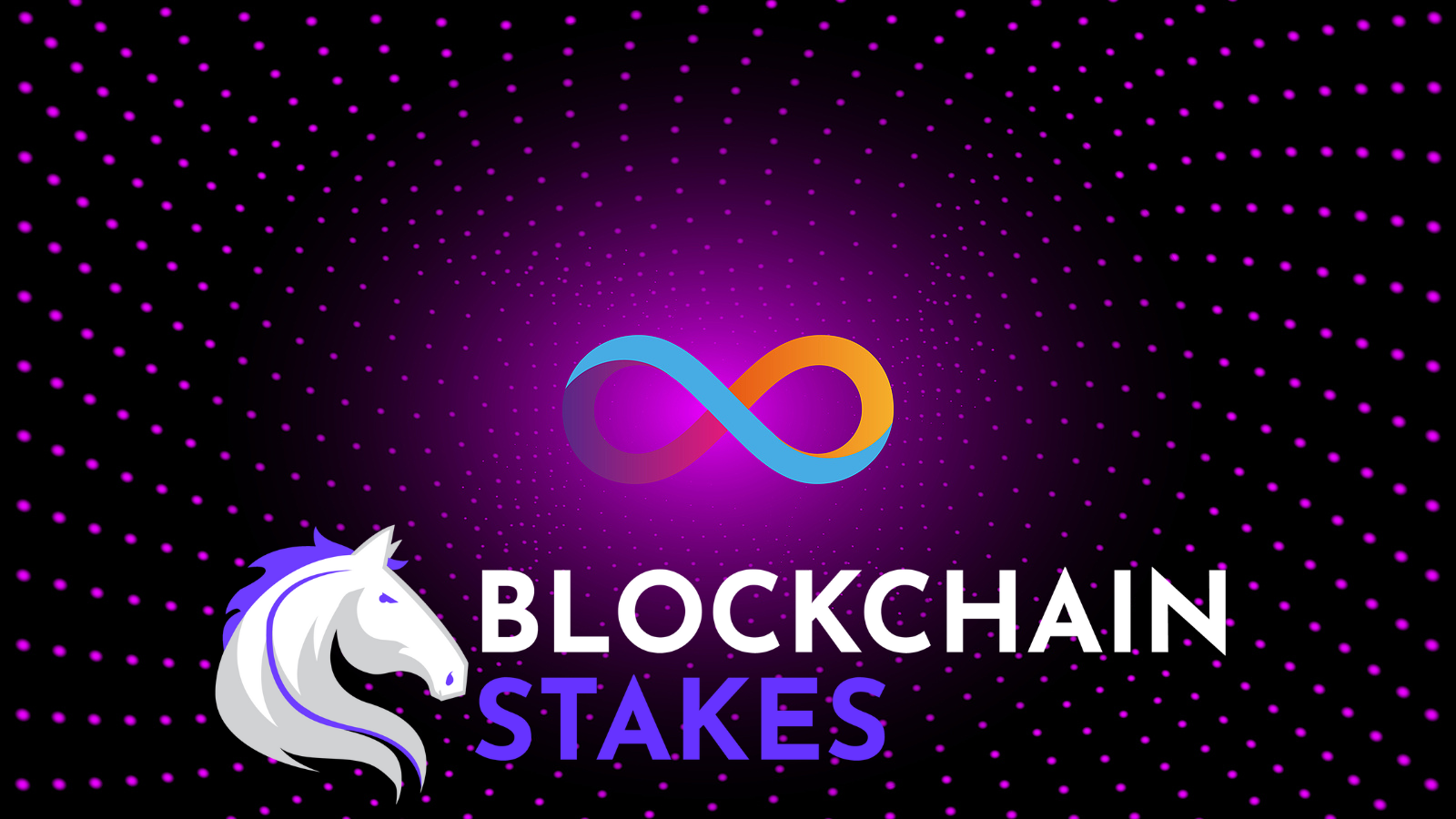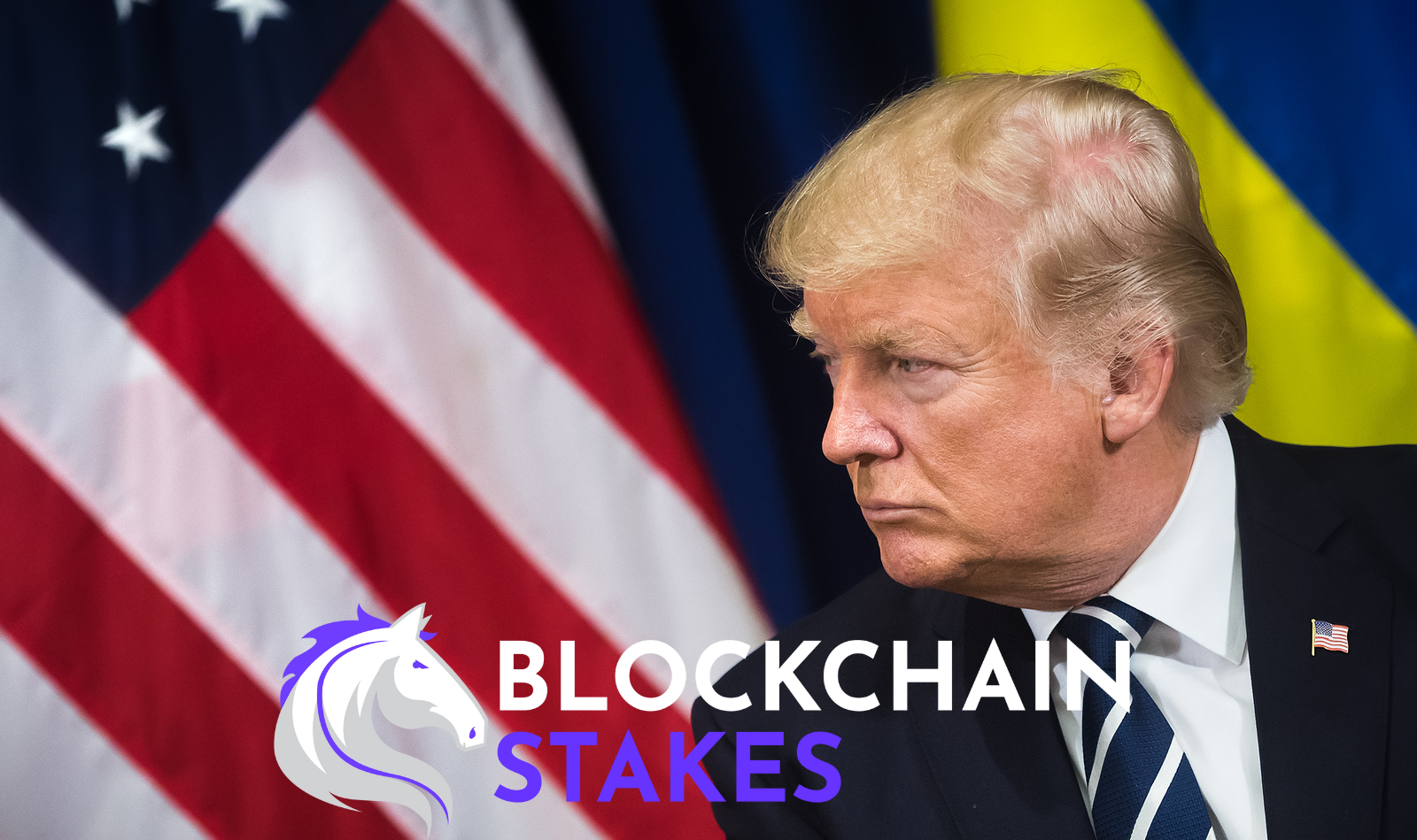What is the Internet Computer Protocol (ICP)?
The Internet Computer Protocol (ICP) is a groundbreaking blockchain-based decentralized network developed by the DFINITY Foundation, a Swiss-based cryptography organization. Its primary goal is to create a decentralized internet, where independent data centers around the world can collaborate to provide an alternative to the traditional, centralized internet services offered by tech giants like Google, Amazon, and Facebook. By enabling the development of websites, applications, and other web-based services without relying on centralized authorities, ICP aims to revolutionize how we interact with the internet, bringing more control, security, and privacy to users.
How ICP Works
Key Components and Technologies
- Threshold Cryptography and Chain Key Technology:
- At the core of ICP’s functionality is threshold cryptography, where each subnet, or a group of nodes, has a fixed public key, and the corresponding private key is divided into secret shares distributed across these nodes. This ensures that no single node has access to the entire private key, enhancing security.
- Chain Key Technology orchestrates these nodes, enabling the network to execute calls in milliseconds, effectively running at web speed. This technology also allows users to easily verify the authenticity of data, providing a scalable and secure environment for decentralized applications.
- Smart Contracts and Canisters:
- ICP supports smart contracts, known as canisters, which are capable of hosting web assets and serving HTTP requests directly. These canisters can interact not only with other blockchains but also with traditional Web2 servers, enabling trustless interactions with established blockchains like Bitcoin and Ethereum. This interoperability is key to ICP’s vision of a decentralized internet.
- Network Nervous System (NNS):
- The NNS is the decentralized governance system that manages the ICP network. It is responsible for updating information about nodes and subnets, ensuring the network’s optimal performance and security. Users can participate in the governance process by staking their ICP tokens to create “Neurons,” which allow them to propose and vote on network changes. This democratic approach ensures that the network evolves in a way that reflects the community’s collective will.
- Internet Identity:
- Internet Identity is a protocol that provides a decentralized method for verifying user identities across different websites and applications. This enhances both security and privacy, as users can interact with the internet without revealing unnecessary personal information. It represents a significant step forward in securing digital identities in a decentralized world.
Decentralization and Node Management
ICP’s vision of a decentralized internet is realized through its global network of independent data centers. These data centers contribute to the network’s capacity by providing computational resources and are rewarded based on the amount of computing power they offer. Nodes within these data centers are organized into subnets, each functioning like an individual blockchain, and they operate using a Proof of Stake (PoS) mechanism. The NNS oversees the management of these nodes and subnets, ensuring the network remains decentralized, secure, and efficient.
Economic Model
ICP employs a unique “reverse gas model” where canisters (smart contracts) pay for the resources they consume by burning cycles, which are derived from ICP tokens. This model simplifies the user experience by eliminating variable transaction fees, making it easier for developers to predict costs. Additionally, ICP tokens serve multiple purposes within the network, including governance participation, rewarding network participants, and paying for computational resources. This multifaceted utility helps maintain the economic health of the ICP ecosystem.
Potential Price Targets:
The Internet Computer (ICP) blockchain, developed by the DFINITY Foundation, is an innovative platform designed to expand the capabilities of the internet by enabling the creation of decentralized applications and services at scale. Currently, the ICP token is trading at $7.05 with a market cap of $3 billion. With the broader cryptocurrency market expected to grow significantly in the next 12 to 18 months, this article explores potential price targets for ICP if the total cryptocurrency market cap rises to $10 trillion.
Current Market Position: As of now, the total cryptocurrency market cap stands at $2.16 trillion, with ICP holding a modest share of this market. Despite its innovative approach to decentralization and internet services, ICP’s market presence has been overshadowed by more established blockchains. However, with the anticipated market growth, ICP could see substantial gains, especially if it continues to innovate and expand its ecosystem.
Scenario Analysis: Assuming the total cryptocurrency market cap increases to $10 trillion, a nearly fivefold increase from current levels, ICP could potentially experience significant appreciation. To estimate possible price targets, we can consider different scenarios based on ICP’s market cap relative to the total market cap.
- Conservative Scenario:
- Assumption: ICP maintains its current market share of approximately 0.14% of the total crypto market.
- Projected Market Cap: $14 billion (0.14% of $10 trillion).
- Price Target: With a $14 billion market cap and the current supply, ICP could reach a price of approximately $32.94 per token.
- Moderate Growth Scenario:
- Assumption: ICP increases its market share to 0.3% of the total crypto market, reflecting growing adoption and ecosystem expansion.
- Projected Market Cap: $30 billion (0.3% of $10 trillion).
- Price Target: In this scenario, ICP could rise to $70.49 per token.
- Aggressive Growth Scenario:
- Assumption: ICP captures a larger market share of 0.6% due to significant technological advancements, partnerships, and widespread adoption.
- Projected Market Cap: $60 billion (0.6% of $10 trillion).
- Price Target: This scenario could push ICP’s price to approximately $140.98 per token.
Factors Influencing ICP’s Growth: Several factors could drive ICP’s growth and influence its market share in the expanding crypto market:
- Technological Innovation: Continued advancements in the Internet Computer protocol, particularly those that enhance scalability, speed, and security, could attract more developers and projects to the platform.
- Ecosystem Development: A growing ecosystem of decentralized applications (dApps) and services built on ICP could increase demand for the token, driving its price higher.
- Partnerships and Collaborations: Strategic partnerships with other blockchain projects, tech companies, or governments could bolster ICP’s adoption and market position.
- Regulatory Environment: Favorable regulatory developments could increase institutional interest in ICP, while adverse regulations could pose risks.
Conclusion
The Internet Computer Protocol (ICP) represents a bold attempt to reshape the internet by decentralizing its infrastructure and governance. Through its innovative use of threshold cryptography, smart contracts, and a unique governance system, ICP provides a scalable, secure, and decentralized alternative to traditional cloud services. As the network continues to grow and attract more developers and users, it has the potential to significantly alter the landscape of the internet, challenging the dominance of centralized tech giants and paving the way for a more open and equitable digital future.
The Internet Computer blockchain has the potential to experience significant price appreciation if the broader cryptocurrency market expands to $10 trillion in the next 12 to 18 months. Depending on its ability to grow its market share, ICP’s price could range from $32.94 to $140.98 per token. However, these projections are subject to market dynamics, technological advancements, and the overall adoption of the Internet Computer platform. Investors should consider these factors when evaluating potential price targets for ICP.

















